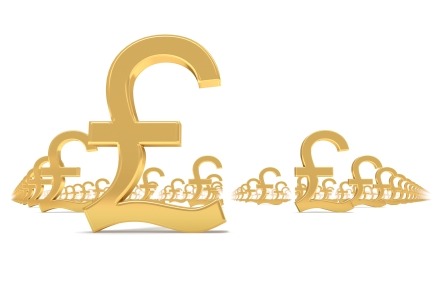Craig Simpson, Tax Partner at Bates Weston, looks at the use of deferred consideration in an Employee Ownership Trust (EOT).
When a company is sold to an EOT the amount paid is often structured to include deferred consideration, paid over a number of years and funded by the future profits of the company. Legally there will be a Sale and Purchase Agreement which sets out the price paid for the shares and the payment profile.
So what are the implications of deferred consideration?
From a tax perspective fixed deferred consideration payments are taxable at the date of disposal of the shares. So for an EOT this should be a tax free disposal.
The trustees or the company cannot provide security for the deferred consideration as this could breach the requirements of the EOT relief. The trustees must hold more than 50% of the ordinary share capital, voting rights and the right to a majority of the profits and assets on a winding-up. If the trustees were to give security for the deferred consideration against the shares or assets of the company, then the controlling requirement may not be met. Even if the initial value of the loan notes is less than 50% of the company, this balance could change if the value of the company drops, triggering a breach of the requirement.
Unsecured loan notes can be issued for the deferred consideration although this may not be necessary as the Sale and Purchase Agreement can set out the deferred consideration in a simplistic way, without issuing loan notes.
The EOT disposal relief works to relieve the gain by treating the disposal on a nil-gain nil loss basis. The usual concern about whether a loan note is a Qualifying Corporate Bond or a Non-Qualifying Corporate Bond doesn’t alter the tax point of disposal. In fact, s.135 TCGA 1992 would not apply in any case as it has to be a company issuing the non-QCB loan notes for rollover treatment to apply in a non-EOT disposal and the trust is not a company – the corporate trustee is acting in a fiduciary capacity.
Where there is an earn-out (deferred consideration based on say the future profits of the company) then the usual Marren v Ingles treatment applies. The upfront valuation being part of the EOT disposal consideration and creating the base cost of the right for CGT purposes. Any future profit on the earn-out is taxed in the tax year of receipt under the normal CGT rates.
The fact that the deferred consideration is unsecured means that the vendor shareholders are likely to stay involved in the business for a longer period to protect their interest compared to a trade sale or management buyout. It is sensible for the vendors to impose certain restrictions on the trustees so that the deferred consideration is protected as far as possible. These are usually included in the Sale and Purchase Agreement.
If you would like to find out more about selling the shares in your trading company to an EOT then please contact Craig Simpson or Richard Coombs.
As always, you are reminded that this article is generic in nature and you should take no action based upon it without consulting your professional advisor.
Related Blogs:

